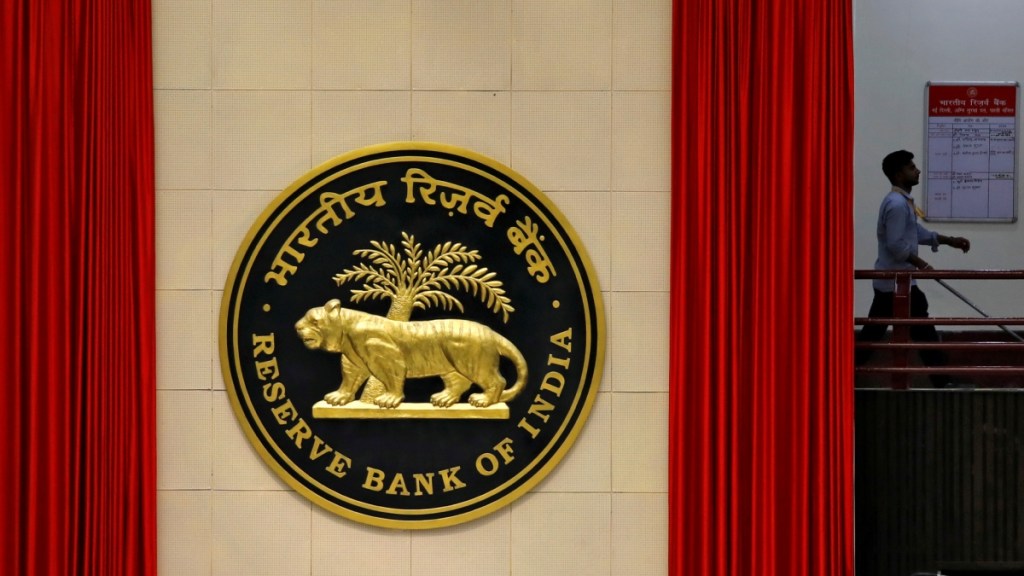The Reserve Bank of India (RBI) on Monday called upon fintech companies to build a consensus around the membership criteria of the proposed self-regulatory organisation (SRO) and whether the sector should have a singular or multiple SROs. The central bank has issued draft guidelines on fintech SRO and has sought public feedback by February.
“Since most entities in the fintech sector are not directly regulated at present, the industry needs to answer the question of how an SRO would create incentives for membership,” the RBI said. Whether the recognised SRO comprises only of members who are unregulated, or in combination with those who are regulated “even for a part of their activities” is another question that merits discussion.
Another issue that needs to be discussed is the number of SROs that would require recognition. Given the diverse natures of fintechs, restricting to one SRO may dilute some industry concerns, while having multiple SROs could undermine the representative character of self-regulation. Currently, the Digital Lenders Association of India and the Fintech Association for Consumer Empowerment (FACE) are in the race to get an SRO licence from the RBI.
The RBI will invite applications from fintech sector, either for the entire sector, or for specific sub-sectors, as and when required, it said. The final number of SROs would be considered based on number and nature of applications received.
Notwithstading the challenges, the RBI said, SRO applicants must be a true representative of the sector through comprehensive membership agreements that entail a broad spectrum of industry players. The SRO must gain legitimacy and credibility to not only frame baseline standards and rules of conduct codes, but should also effectively monitor and enforce them.
To maintain credibility, it must operate independently. This would ensure unbiased decision making and prevent the organisation from being swayed by the interests of a dominant few.
“The SRO-FT should maintain impartiality, avoid conflicts of interest, and ensure unbiased oversight over its members. Independence would enhance reputation of the SRO-FT as a neutral and reliable entity, essential for gaining the trust of both industry participants and regulators,” the RBI said, adding fintech members should perceive the SRO as a legitimate arbiter of disputes.
The SRO must also collect, analyse and disseminate data pertaining to members’ activities as the primary repository of information. Upon receiving the SRO licence, the industry body must have consultative process to build rules, frame a code of conduct, develop governance standards and specific consequences in case of violation of norms by fintech companies.
“The SRO should deploy suitable surveillance mechanisms for effective monitoring of the fintech sector to detect and highlight exceptions. This could involve the use of tools and techniques to assess the activities of industry participants, ensuring a proactive approach to maintaining integrity and compliance,” the RBI said.
Lastly, the SRO should set a grievance redressal as well as dispute resolution framework for companies and ensure that the fit and proper criteria is met by its officials.

